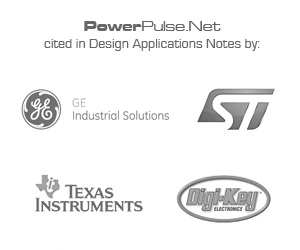mPhase Prototype Nanobattery Passes U.S. Army High Stress Test

mPhase Technologies (OTCBB: XDSL) reported that the microscopic structure designs of its prototype battery and magnetometer demonstrated extreme resiliency to shock and acceleration, surviving a test which subjected them to high acceleration at a G-Force of 12,000 (one g is equal to the pull of gravity at sea level).
The test, which involved a shot out of an air-gun, indicated that the underlying nanostructure of the prototype power cell could withstand extreme shock if used in military applications. The prototype magnetometer similarly withstood the stress test. The tests were conducted at the Picatinny Arsenal in New Jersey, the U.S. Army’s foremost munitions research facility. The test paves the way for developing small guided munitions.
Victor Lifton, Chief Scientist of mPhase said: “These results imply that the mechanical structures of both the nanobattery and magnetometer could be used in places where they are subjected to very high shock and vibration. They are important indicators that the sensors being designed will have wide applications in a broad array of systems used for defense and security, where durability and ruggedness are especially required.”
Carlos M. Pereira, Advanced Precision Concepts Branch Chief, Picatinny Arsenal, said, “Picatinny’s mission is to seek out and evaluate new technologies that can bring advantage to the U.S Army. We’re pleased to collaborate with mPhase in the testing of the mPhase prototype nanobattery and magnetometer to determine their applicability for the military.”
























